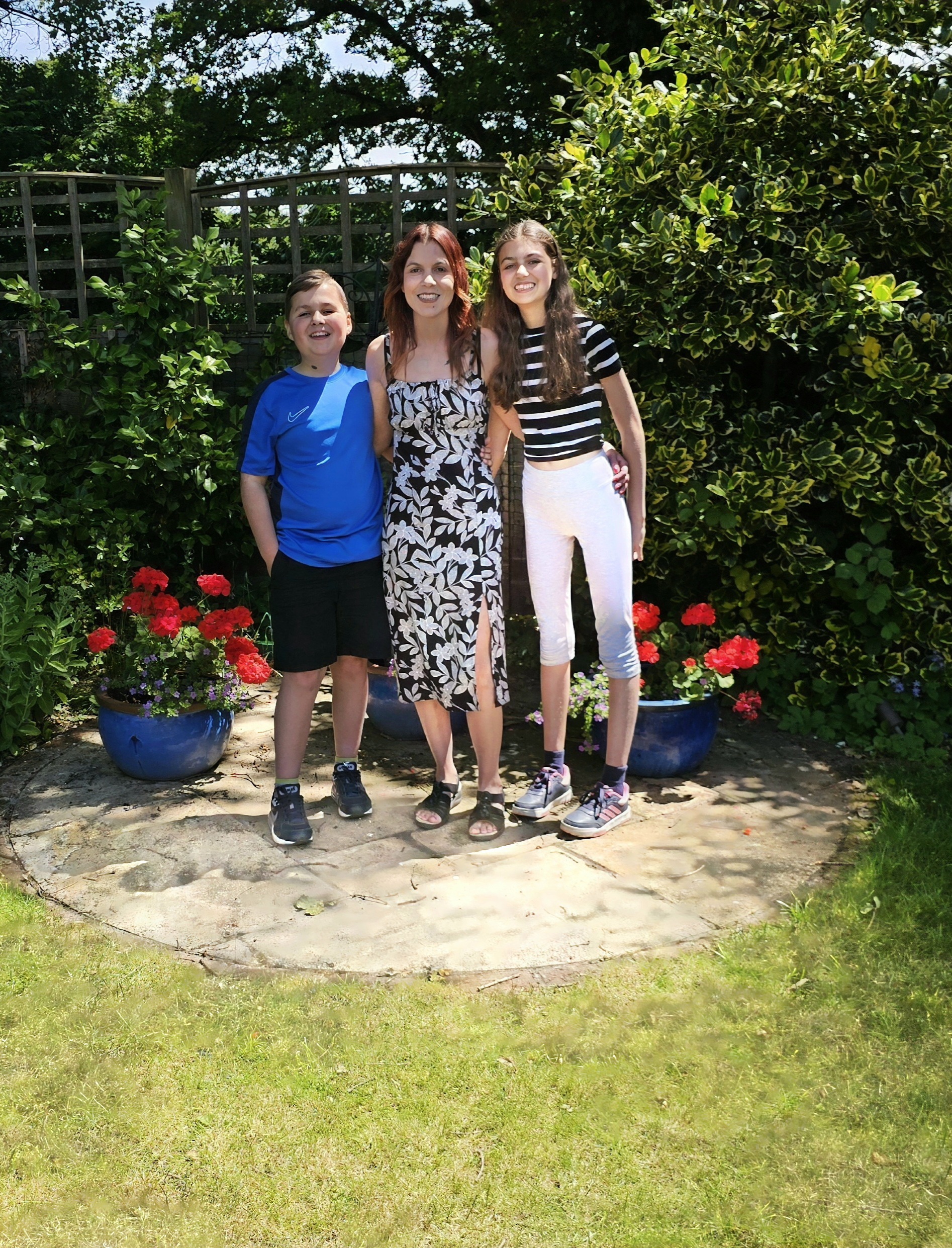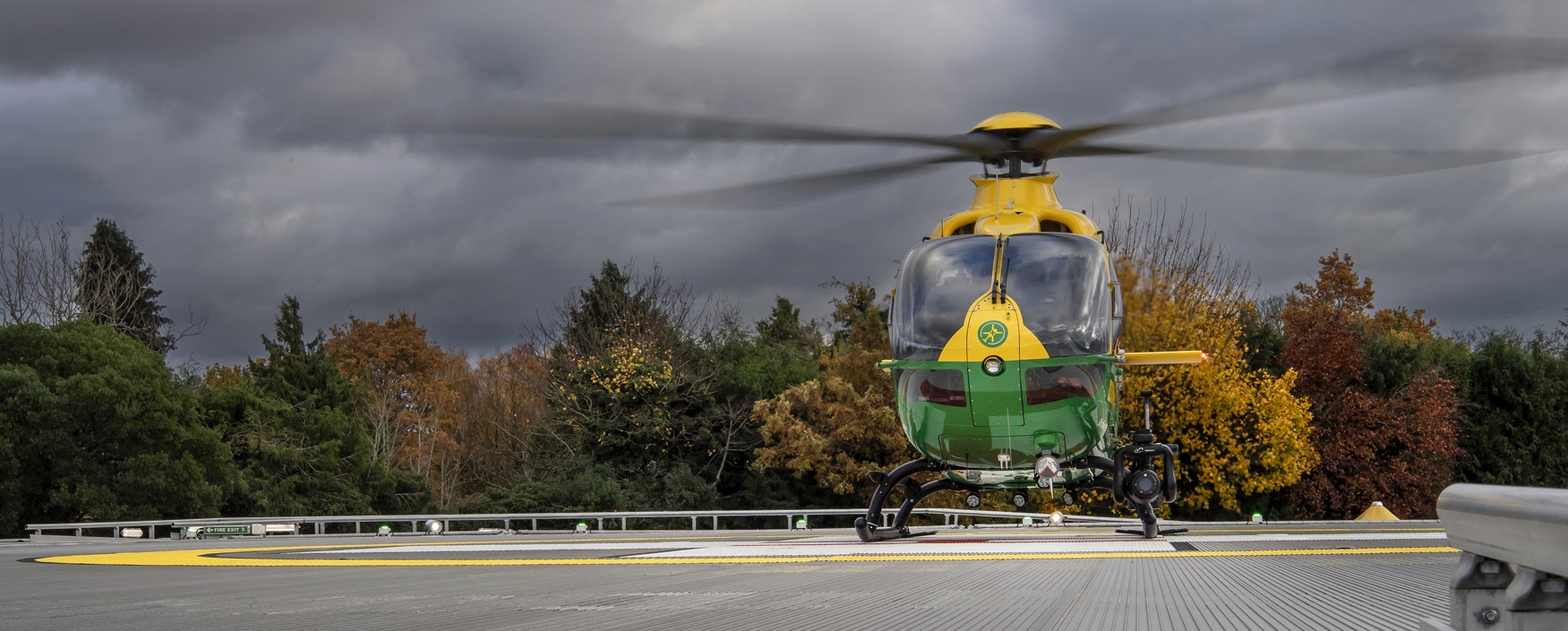It’s not rare for 34-year-old Lianne Forbes to wake up to the sight and sound of paramedics and doctors bustling around her bedroom in the middle of the night. In fact, it’s reasonably common.
Pre-school worker and mother-of-two Lianne was diagnosed with epilepsy when she was 16. She can have one or two seizures a week that are usually controlled by medication.
One Saturday night in December 2023, Lianne’s situation was critical. Her seizure isn’t stopping. And her medication’s not working. She needs specialist interventions from the team at Hampshire and Isle of Wight Air Ambulance.
Dr Jonny and Specialist Paramedic Clare, joined by their colleagues from South Central Ambulance Service, are dispatched from our Airbase in Thruxton and are by Lianne’s side within 12 minutes of the call and quickly got to work. They give her strong medication to help stop the seizure, before taking her to the back of a road ambulance for further assessment.
But, as they load her in, Lianne has another seizure. Her fourth in 40 minutes.
Specialist critical care
They make the decision to perform a Pre-Hospital Emergency Anaesthetic – an intervention that can only be delivered by a helicopter emergency medical services crew.
The team use anaesthetic drugs and ventilation equipment so that a breathing tube could be placed in Lianne’s airway. This allows them to carefully manage her ventilation and help protect vital organs including the heart, lungs and brain.
“I never knew things like that could be done away from the hospital,” said Lianne. “I had no idea. I was like, ‘They did what to me in the back of an ambulance?’
“They stopped it from getting much worse. They clearly knew exactly what I needed and exactly what to do in those high-pressure moments.”
Now stable, the team travel to hospital with Lianne in the road ambulance – a tactic often used so they can maintain her stability and continue providing specialist critical care en route.
“I woke up in hospital with a tube down my throat. I was petrified. I’ve had hospital admissions before, but there’s never been anything this bad.
“But when they told me how serious it was, and that the Air Ambulance crew had to intubate me, it showed me how drastically wrong it can go.”

Lianne with her son and daughter
Supporting patients and families
Lianne was eventually discharged home but, as with many of our patients, she was left with very little memory of the incident.
To help plug those gaps and provide support for patients like Lianne, our Aftercare team are there for those who need them.
“There’s just a block of memory that doesn’t exist,” she said.
“But after my meeting with them, I left with this massive weight lifted off my shoulders. I couldn’t praise them enough.
“I thought the Air Ambulance was called for major incidents, such as road traffic collisions – I never knew they could be called out for something like a seizure.
“You never know when you might need them. They could be stood in your living room or bedroom in the middle of the night whilst you’re in your pyjamas, like with me. You honestly just never know.
“Thank you to everyone who supports them for helping to save my life.”











